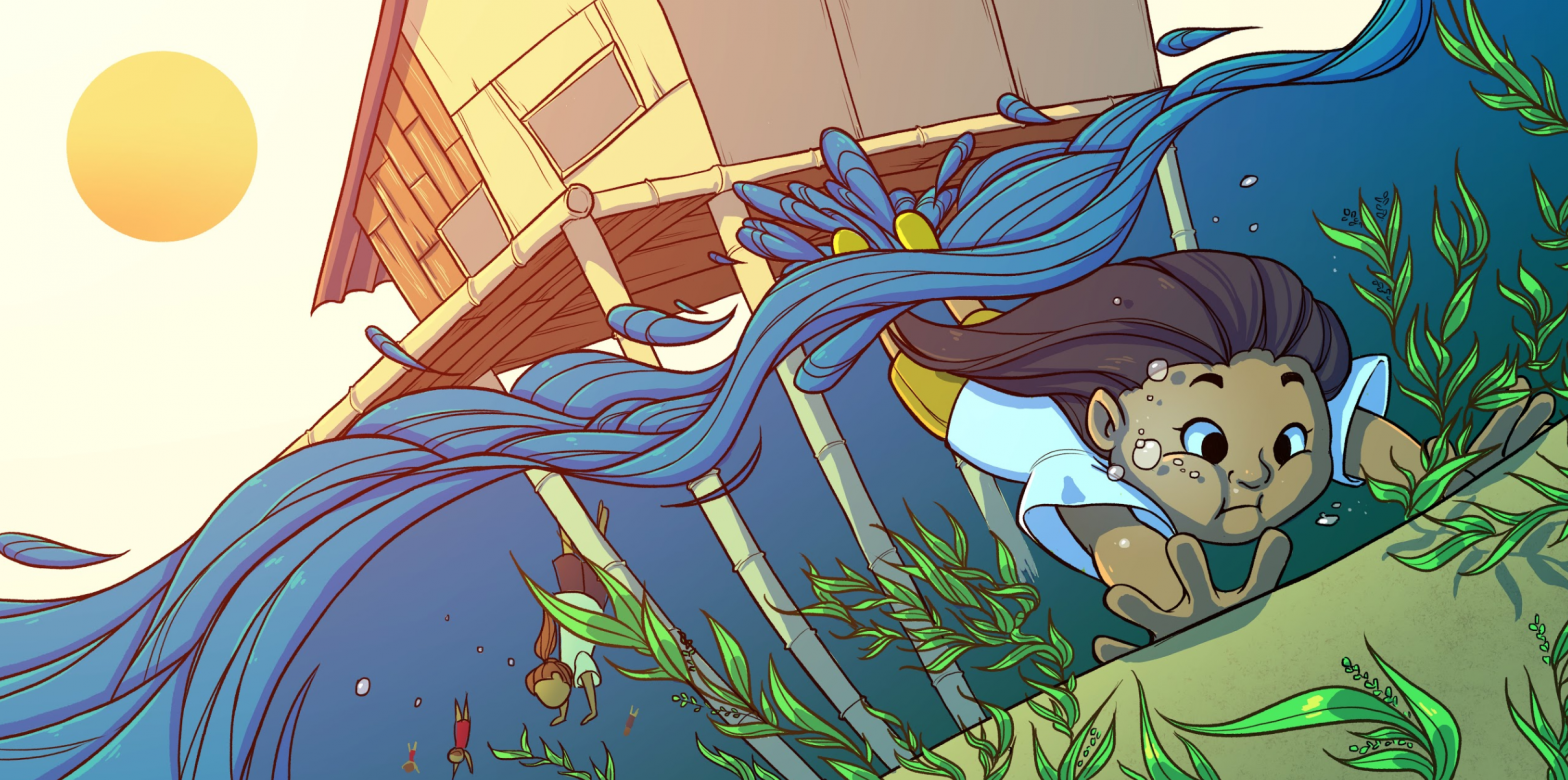Short Stories / Fiction in English
Check out these fiction / short stories in English written by Filipino writers.
-

Tides of the Sea
For the children and their dreams for a better tomorrow Once in a beautiful village far from the barrio, hidden in the marshes; where children play under the warm sun, soft sand, by the seawaters. When gentle waves splashed against stones, and mothers dutifully plant seaweeds, and children play swimming, diving with their laughter filling…
-
Two Women of Bantayan
A block away from our house stood a wood-and-stone house beside the river. Our housemaid told us to avoid this house. “Aling Barang,” she said, referring to the woman living in the house, “kidnaps children and keeps them in her house. She has closed her windows,” she added, and before us rose the image of…
-
Honasan
Atong’s story On the way to the Honasan, Atong stopped by the pantalan to see his friends. They lined both sides of the stone pier. The pantalan was completed a few years ago, bringing commerce and tourism to the once sleepy town of Hinundayan. It became a pastime among the boys of the town to…
-
Festival of Lights
To grow up in Iponan, is to learn stubborn resistance. Remember the flood? When Iponan river overflowed and buried the barangay in muddied water? After the state of emergency, when families were permitted to leave the musty covered-courts turned evacuation centers, we saw the water lines that stained the walls of our houses. Families swept…
